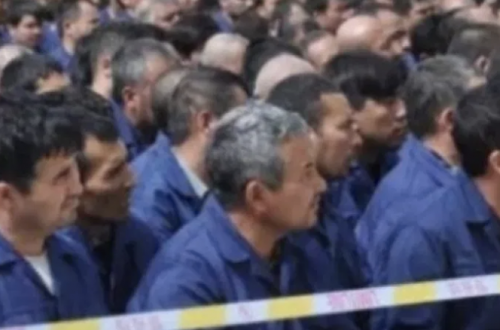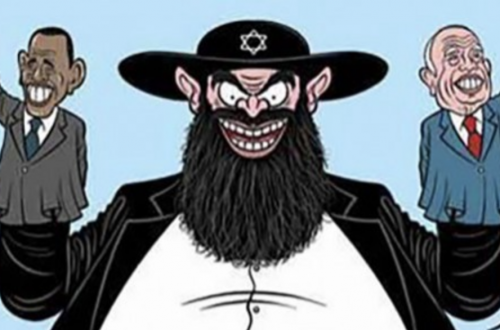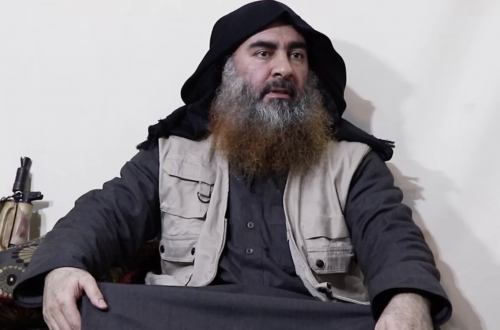Dr. Mamdouh Shoukri
President and Vice Chancellor, York University,
4700 Keele Street,
Toronto, Ontario M3J 1P3
Wednesday, February 25, 2009.
Dear Dr. Shoukri,
I am Professor of Computational Linguistics at King’s College, London, and I am currently a visiting professor in the Department of Computer Science
at the University of Toronto, where I am on sabbatical for the semester. I was recently invited to give a talk on my research on computational modeling of grammar induction in the Colloquium of the Cognitive Science Program of the Philosophy Department at York, on March 25. I accepted the invitation with great pleasure. I received my BA in Philosophy from York in May 1970, and I welcomed this opportunity to return to my first academic home. It is therefore with considerable regret that I must now withdraw from this engagement in light of the York administration’s handling of the attack on Jewish students that took place on the afternoon of February 11.
The reports of this attack that I have read in both the Canadian and the foreign press (confirmed by eyewitness accounts that I have received) converge on a disturbing sequence of events. A group of approximately 100 students supporting the York Student Federation broke up a press conference organized by other students campaigning to impeach the YSF. This group then pursued approximately 40 of the students from the press conference, most of them Jewish, to the offices of the campus Hillel, where the latter locked themselves in for fear of physical assault. The YSF supporters banged on the door and the windows of the offices, shouting threatening comments at the students trapped inside.
The students in the Hillel headquarters appealed to campus security for assistance but received none. They then called the Toronto Police, who
eventually arrived to escort them out of the offices, through lines of hostile YSF supporters chanting angry slogans and hurling insults at them.
To date I have seen no public statement by any University official on this
incident, beyond the expressionon of an intention to investigate it. I called
your office on Monday, February 23 to seek clarification of the administration’s view of the attack. A member of your staff called me back today and graciously listened to my concerns. However, she was unable to do more than reiterate the University’s official position that the matter is still under investigation. Given that the incident took place two weeks ago, I find it odd that the administration has been unable to come to any conclusions on what took place. It is particularly remarkable that it felt no need to release at least a general statement specifying that violence and abuse of any kind will not be tolerated on campus, and confirming that all students have the right to express their views without fear of intimidation.
The fact that the University has not taken up this assault with the students
who launched it, nor acted to reassure the students who they targeted indicates a severe failure on the part of the administration to fulfill its reponsibility to sustain a campus free of physical violence and harrassment. Several of the Jewish students at York claim that the assault was not an aberration, but part of a general atmosphere of extreme hostility that they have been forced to contend with over an extended period of time. I am in no position to evaluate this assertion. But it seems to me that the administration is obliged to address the grievances of students who feel that they are being victimized, particularly in light of a significant incident which lends some credence to their charge.
I do not regard the ethnic identities or the political views of any of the
participants in this event as of relevant concern. All sides to a controversial question have an equal right to be heard in a civil environment of tolerance and mutual respect. Nor do I see criticism of Israel as the problem here. I have frequently spoken out publicly against the policies of the Israeli government, most recently in a joint letter and comments critical of Israel’s operation in Gaza, published in the Observer in January.
If one group of students is permitted to engage in violent harrassment
of another without the decisive intervention of the University’s administration, then the conditions for a free and unfettered exchange of ideas are completely undermined, and the primary purpose of university life is betrayed.
When I was an undergraduate at York in the late 1960s the University was home to lively political activity on a variety of issues. The Israeli-Palestininan conflict was one of these, and discussion was intense, occasionally heated. However, at no time did this discussion degenerate into systematic bullying, initimidation, or expressions of bigotry. Nor would the administration of that period have allowed it to do so. It is a source of great sadness to me that the current administration is either incapable or unwilling to insure the existence of a basic culture of decency, civility, and free speech on its campus.
This culture is a necessary feature of any serious institution of higher
learning.
Sincerely,
Shalom Lappin
Professor of Computational Linguistics
King’s College, London


